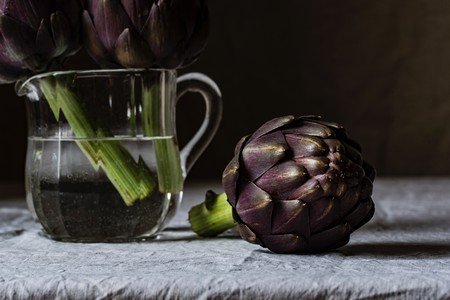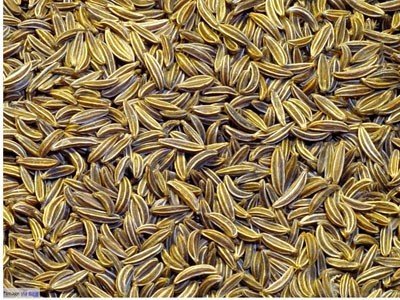As one progresses in age, forgetfulness seems part and parcel of being senior. Barring a few cases, these should not be mistaken as the beginning of Alzheimer’s disease. Causes of memory loss may be aging, medical, emotional, impaired cognitive ability, or dementia.
Symptoms of memory loss
Aging brings changes in our body-parts including the brain. People may take longer to learn or forget information or frequently misplace things like spectacles. Common symptoms include missing a regular payment, confusion about the day of week or date, forgetting words, or losing things frequently.
Causes of memory loss
Mostly includes the deterioration of the hippocampus in the brain, decline in hormones and proteins, and decreased blood flow to the brain affecting memory. Medical conditions like tumors, chronic alcoholism, unhealthy eating habits, or disorders of organs like kidney affect the memory functions. Emotional problems like stress, depression, the death of a near one can make an individual forgetful.
How to handle memory loss
Various measures may be adopted to compensate for memory loss.
Lifestyle Habits
Be socially active:
Healthy interaction with family and friends reduces stress and keeps the brain active.
Regular physical activity:

The exercises walk, cardio training slows down cognitive problems and stimulates the brain.
Say NO to smoking:
Smokers risk vascular disorders and reduced oxygen supply to the brain.
Effective stress management:

Stress causes a lack of concentration, trouble in learning, and memory lapses. Staying cool and easy is the key.
Sufficient Sleep:

Sound sleeping aplenty is very crucial for the growth of neurons helping in memory, as insufficient sleep causes depression, affects decision making, and concentration.
Home Remedies for memory loss
Artichoke (Thistle)

High in magnesium, artichokes elixir can be prepared by pulling its leaves one by one in a pan add salt if you like and boil for two hours in water. Extract the juice from leaves and drink three spoons, 2-3 times a day.
Blueberries

Studies affirm that blueberries besides being a good source of oxidants improve short term memory loss.
Eggs

Lecithin in eggs helps memory cells to stay healthy.
Carrots

Carotene present in it has memory-enhancing content, eat raw or as juice mixed with apricot juice.
Remember to explore the fridge
So many veggies can help enhance memory such as Okra, sweet potatoes, tapioca, spinach, and other leafy vegetables, besides the oranges, almonds, and milk.
Activities to do for preventing Memory-loss
Practice Brain Exercises:
Pursue the pleasure-giving activities to support memory, in short, ‘use it or lose it’. Play chess, bridge, and Scrabble games for brain exercises. Daily crosswords and puzzles like Sudoku activate the brain. Daily newspaper reading is good when you try linking day to day news together.
Learn activities:
Develop a kitchen garden, learn bonsai, water the plants. Involve in activities of planning and strategies.
Learn a foreign language, try left-hand writing, sign language, dance, or musical instrument.
Make Things to Do List for the day:
Use stick-on slips for reminders and always make a shopping list. Always note down the messages to deliver and details of the caller.
Follow the doctor’s advice:
Look after yourself in a meticulous manner by following doctor’s instructions regarding blood pressure, depression, cholesterol, diabetes, or any other health issue.
It is a natural phenomenon to be forgetful with the age but it’s not the end of the road. Just learn to manage it with discipline and routine as defined.
https://www.nia.nih.gov/health/do-memory-problems-always-mean-alzheimers-disease
http://www.mayoclinic.org/healthy-lifestyle/healthy-aging/in-depth/memory-loss/art-20046518?pg=2




